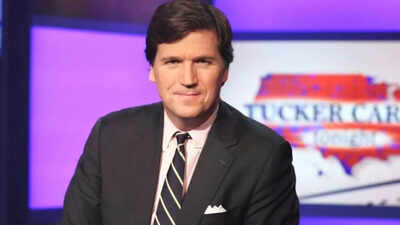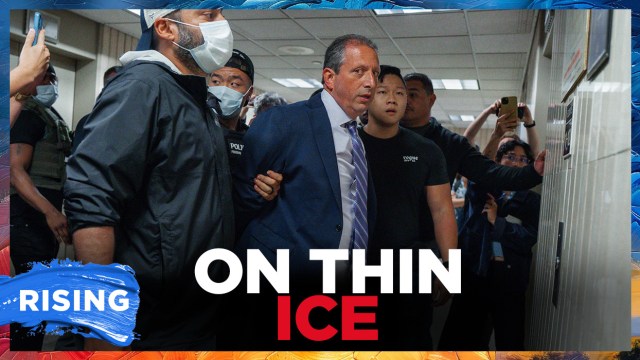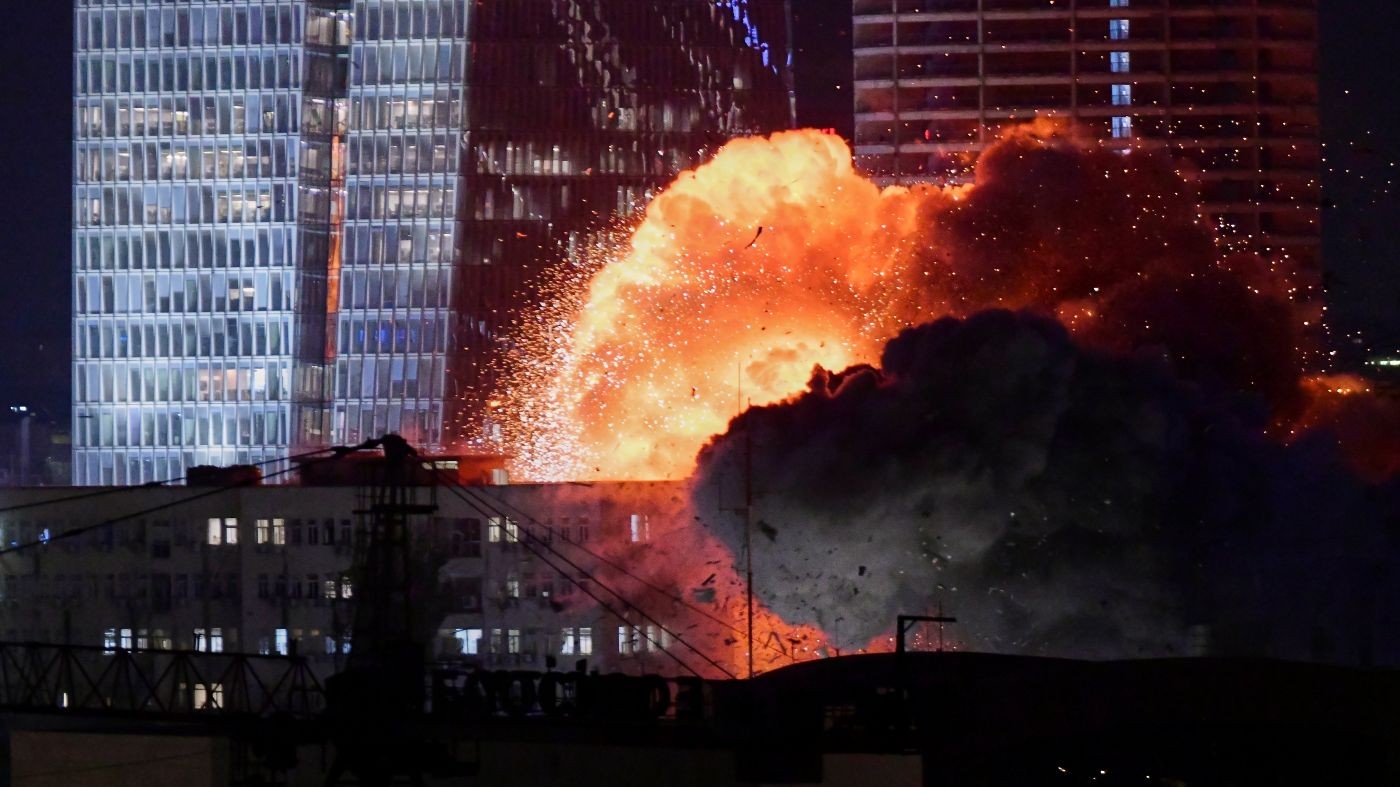Tucker Carlson Slams ‘Warmongers’ Sean Hannity, Rupert Murdoch Amid Israel-Iran Strikes
Tucker Carlson, the former Fox News host, has notably expressed his disdain for what he labels as the ‘warmongers’ in the media landscape, especially targeting prominent figures such as Sean Hannity and Rupert Murdoch. This commentary comes in the wake of the escalating tensions between Israel and Iran, where the rhetoric around military interventions has intensified. Carlson’s critique underscores a growing divide within conservative circles regarding foreign policy and military engagement. As the geopolitical landscape becomes increasingly complex, voices like Carlson’s aim to challenge the mainstream narrative pushed by established media personalities.
The Context of the Strikes and Media Reaction
In recent months, the confrontation between Israel and Iran has escalated into a fiery exchange involving bomb strikes and military maneuvers that have the potential to spark broader conflict in the region. Carlson points out that the mainstream media, represented by figures like Hannity, often promotes aggressive stances that could lead the United States into another prolonged military engagement. He argues that this narrative is not just reckless but fundamentally misaligned with the interests of American citizens. Carlson believes that such warmongering rhetoric serves not only specific geopolitical agendas but also the interests of powerful media conglomerates, including Murdoch’s empire.
Critique of Media’s Role in Shaping Foreign Policy
During a segment on his platform, Carlson elaborated on how the media’s portrayal of international events often drives public opinion towards approval of military action. He maintains that the intense focus on sensationalism, especially in the context of the Israel-Iran conflict, overshadows critical discussions about the consequences of military action. Carlson specifically critiques Hannity, accusing him of fostering an aggressive narrative that aligns with a more hawkish stance on foreign policy. By labeling such figures as ‘warmongers’, Carlson takes a bold stance that resonates with a growing segment of the population skeptical of endless conflicts abroad.
The Shift in Conservative Foreign Policy Perspectives
This controversial perspective is part of a broader shift among conservatives, many of whom are beginning to question the underlying principles of interventionism that have long defined GOP foreign policy. The rise of voices like Carlson’s indicates a significant reevaluation of what it means to be conservative in America today. Traditionally, the party favored an assertive foreign policy, intertwined with national interests. However, as disillusionment grows among the populace regarding foreign wars—often labeled as unnecessary—figures like Carlson are receiving support for advocating a more restrained approach. This new wave encourages dialogue about prioritizing internal issues over military engagement abroad.
The Broader Implications of Carlson’s Message
As Carlson takes a stand against prominent Republicans in media, the implications of his message resonate far beyond party lines. His criticisms force a reevaluation of how the American public perceives foreign intervention and the role of media figures in shaping that narrative. By referencing the Israel-Iran conflict, Carlson stresses the importance of moving away from a militaristic mindset towards a more diplomatic approach in addressing international crises. This paradigm shift could open the doors for more nuanced discussions about America’s role in global affairs and the ethical dimensions of interventionist policies.
Tucker Carlson’s vocal criticisms of ‘warmongers’ like Sean Hannity and Rupert Murdoch represent a significant turning point in the landscape of American media and politics. As foreign conflicts escalate, the conversation surrounding military intervention becomes increasingly critical. For those who wish to reflect on the ramifications of such policies, it is essential to engage more deeply with differing viewpoints and encourage a discourse that prioritizes peace and diplomacy over aggression. If you want to stay informed and seek more balanced perspectives, consider following the discussions that challenge the status quo in media and politics. The future of conservatism may very well depend on this transformation.




